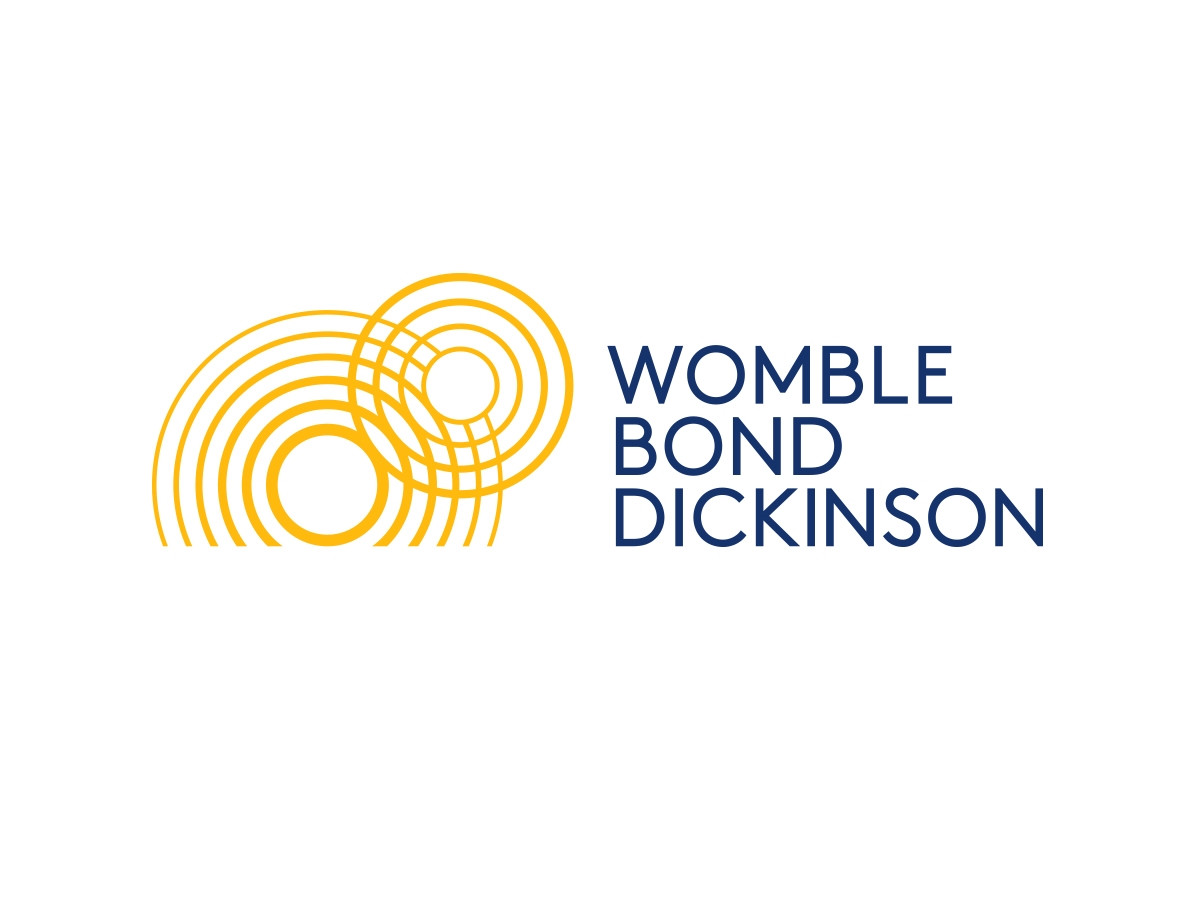South Carolina’s New NIL Law and What it Means for Collegiate Athletes in the State | Womble Bond Dickinson
On Tuesday, May 21, 2024, South Carolina Governor Henry McMaster signed bill H. 4957 into law after it was approved unanimously by state lawmakers earlier in the year. Similar NIL (“Name, Image, and Likeness”) bills to H. 4957 have already passed in Arkansas, Texas, Oklahoma, and Colorado.
The goal of the bill is intended to put higher education NCAA athletic programs across South Carolina on a ‘level playing field’ with their competitors in other states when it comes to assisting athletes with NIL deals. The bill allows schools to help oversee offers to student-athletes, provide tax guidance, integrate intellectual property into deals, and cap agent commissions at 30%.
The bill even drew an alliance between Clemson football coach Dabo Swinney and USC football coach Shane Beamer as a sign of unification when they joined their respective Athletic Directors to promote the legislation to a house panel at the State Capitol.
Context
The NCAA for decades insisted its athletes were “amateurs’ who couldn’t financially benefit from their name, image, and likeness, until they reversed course three years ago. The NCAA removed its prohibitions on NIL pay after the Supreme Court’s 2021 9-0 decision in NCAA v. Alston on NCAA antitrust concerns related to the Sherman Act. In writing a concurring opinion with the Majority, Justice Brett Kavanaugh wrote that there were serious questions whether the NCAA’s remaining compensation rules could pass muster under the ordinary rule of reason scrutiny under the Sherman Act. He made the argument that, “the NCAA’s business model would be flatly illegal in almost any other industry in America.” The definitive nature of his opinion paved the way for the NCAA to put into place an interim policy on NIL soon after.
To earn NIL compensation under this new SC law, a student athlete is required to disclose the terms of proposed NIL contracts to the institution prior to signing the contracts, in a manner designated by the institution. Higher education institutions must disclose prohibitions for the use of NIL to college athletes at the time the athlete is admitted or signs a financial aid agreement or team contract. South Carolina law allows higher education institutions to fund an independent, third-party administrator under their athletic departments who supports education, monitoring, disclosures, and reporting of permitted NIL activities.
The reality is that the NCAA ended up doing nothing overly restrictive after Alston, and yet South Carolina had a state law anticipatorily on the books that was restricting colleges and universities in ways that universities and colleges of other states were not being similarly restricted. An example was how South Carolina’s previous law banned institutions from “directly or indirectly” creating or facilitating NIL opportunities for athletes – a far stricter standard than that of the NCAA, as well as the context around which athletes could use the IP of the larger university in their deals.
State legislators suspended the SC NIL law one year later but was still in need of a long-term fix.
What does the law do, and how will it impact NCAA Athletic Programs in SC?
In simplest terms, NCAA sanctioned schools/sports programs in South Carolina can now engage more directly with their athletes with regards to NIL without confusion on whether their actions adhere with state law. The new law is intentionally broad in its language, but says that schools may “identify, create, solicit, facilitate, and otherwise enable opportunities for a currently enrolled intercollegiate athletes to earn compensation” for the use of NIL, and schools can do that directly, or indirectly, “through an agreement with a third party.” School involvement is voluntary as no NCAA athlete in South Carolina is required to loop in their schools on the inner workings of their deals – a change from the past. At the same time, a school for instance, at the request of an athlete, could have one of its in-house lawyers or outside counsel review an NIL contract before an athlete signs. They can also grant permission for an athlete to use its trademarks such as a branded logo on apparel or reach out to alumni on behalf of athletes to leverage connections to facilitate potential deals.
The new law will help involve schools in terms of protecting athletes from “bad actors” and agents who could convince young adults to sign unfair contracts. In addition, the new law is a major recruiting tool as it allows schools to position themselves against rivals as far as access to the type of NIL deals that athletes from other programs in other states would naturally receive.
At the same time, the new law still prohibits schools from directly compensating their athletes, nothing new from the past. In addition, it’s unclear in terms of dynamics to what degree the school would be initiating NIL deals for the players, versus the player voluntarily having to initiate an interest and then subsequently leveraging resources within the institution. All NIL compensation must come from third parties, which includes university-NIL collectives. The collectives work separately from universities to fund NIL deals for student-athletes through donations from fans and boosters.
Lastly, there’s a stipulation that even if a university “collects, retains, or maintains copies or summaries” of athletes’ NIL contracts with third parties, those documents are not obtainable even from public institutions under the state’s Freedom of Information Act (SC FOIA) unless the school itself is a party in the contract. Thus, even though the school is assisting the student athlete, the contract is exempt from the FOIA.
Some, however, are concerned about secondary impacts of the law, and worry that it could put smaller schools at a disadvantage versus larger programs.
All of this comes amongst the backdrop of the NCAA’s proposed settlement of three major antitrust cases, which will require the NCAA to pay $2.7 billion in damages over 10 years to those past student-athletes who missed out on the NIL era, while providing a framework for an estimated $20 billion more in revenue sharing with current student-athletes over the same period.
While South Carolina’s new NIL law certainly opens exciting new opportunities for its in-state collegiate athletics programs, it also comes with regulatory requirements that must be met. In light of the many unsettled areas in higher education athletics, SC schools should consult with knowledgeable legal counsel to provide training to their student-athletes, athletics staff and coaches on what it means to be an athlete at their institutions. In addition, schools should continue to follow NCAA guidance and court decisions not to pay student-athletes for NIL or create NIL deals for them, while complying with this new state law.
[View source.]





